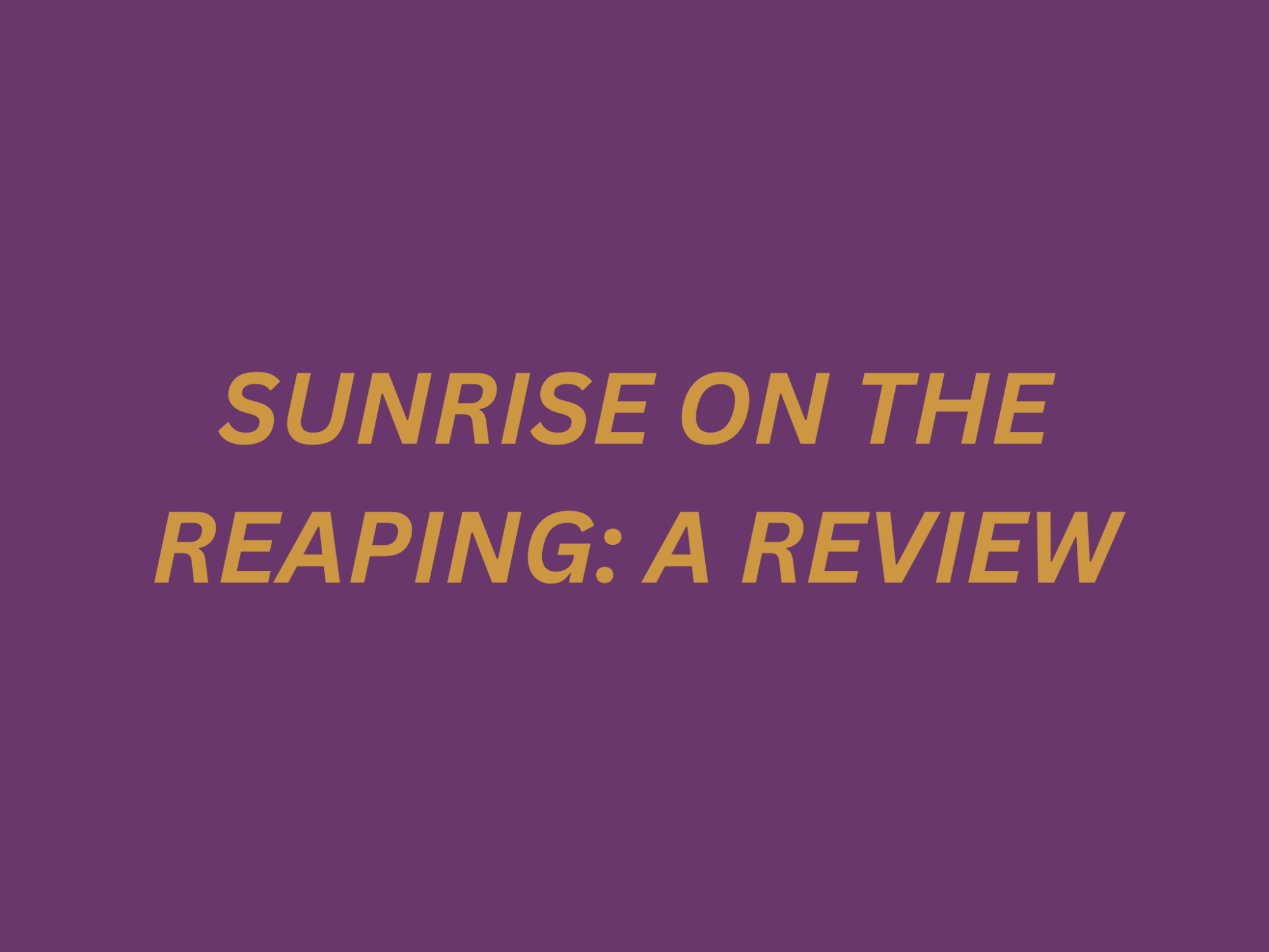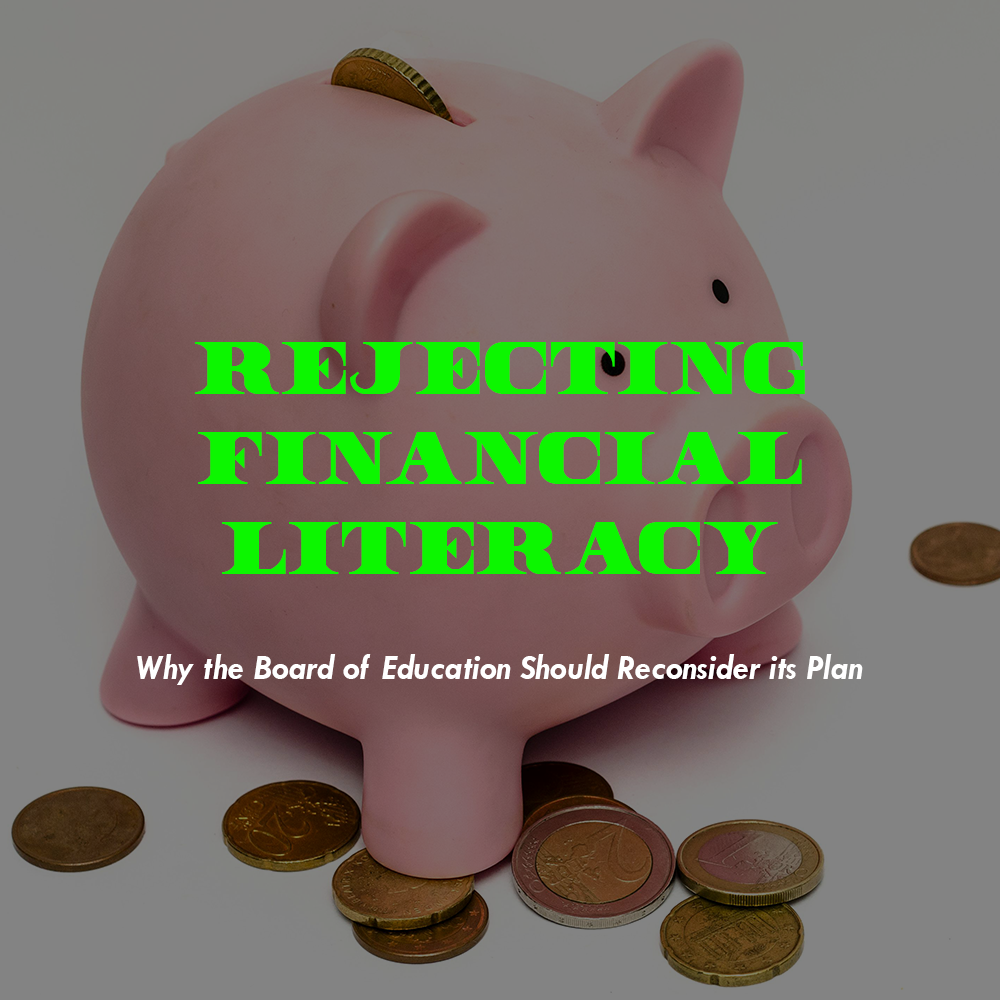Note: No direct spoilers for Sunrise on the Reaping ahead
Sunrise on the Reaping by Suzanne Collins paints a hauntingly vivid picture of a world where survival is an everyday battle. Set in the high-tech dystopian world of the popular novel series The Hunger Games, Sunrise on the Reaping tells the story of Katniss’s mentor twenty-four years before the Hunger Games trilogy takes place, and how he won his own Games.
Haymitch Abernathy was only 16 years old when he won the 50th annual Hunger Games, a brutal competition where children are forced to fight to the death for the entertainment of the Capitol. As the only living victor of the Hunger Games in District 12, he goes on to mentor countless District 12 tributes, or contestants of the contest, effectively sending most of them to be slaughtered, until he mentors Katniss and Peeta during the 74th Hunger Games. In the original trilogy, Katniss, Peeta, and Haymitch grow close, but we hardly hear anything about how Haymitch won his own games, which took place during the Second Quarter Quell, in an arena where there were twice as many tributes. In Catching Fire, the second book of the trilogy, Katniss watches a replay of the Haymitch’s Games, a version so sanitized and edited by the Capitol that it bears little resemblance to the real events that took place.
The tension between reality and the Capitol’s narrative is central to the Sunrise on the Reaping, which illustrates not just Haymitch’s struggles, but also the ability of the Capitol to control the truth. Sunrise on the Reaping perfectly illustrates the power of the Capitol, and the extent and reach of its propaganda. With cameras placed in every corner in Panem, it’s a wonder and testament to the Capitol’s control that so many major, impactful events can occur, but still get hushed by the Capitol to the extent that no one knows about them bar a select few. This occurs multiple times during the Second Quarter Quell, both during District 12’s reaping and in the arena itself. By the time of Katniss’s generation, Haymitch’s story is lost, forgotten, and buried deep — exactly how the Capitol wants it.
Thus, Hunger Games fans all over social media have attributed the phrase, “I only write when I have something to say,” to Collins. Through the lens of the Hunger Games, she critiques the overarching control and corruption of the government in authoritarian regimes, where power is enforced through fear and silence.
The poignant and tearful ending of Sunrise on the Reaping brings us full circle in some ways. The epilogue consists of Haymitch’s reflection, decades later, after the end of the Mockingjay, the last book in the trilogy. His contemplation on promises made and promises broken speaks to broader themes of sacrifice and loss. It’s a satisfying, yet heart-wrenching ending to his story filled with tragedy. However, the ending gives us hope—hope that in a world as tragic, cruel, and oppressive as Panem, resistance and the human spirit can still endure.
Sunrise on the Reaping is a perfect read for anyone who enjoys the dystopian genre, and the book’s chilling connection to the real world will resonate with any reader. It serves not only as a fitting prequel, but also as a timely reflection on themes of power and persecution that are as relevant today as they were in Panem.

















